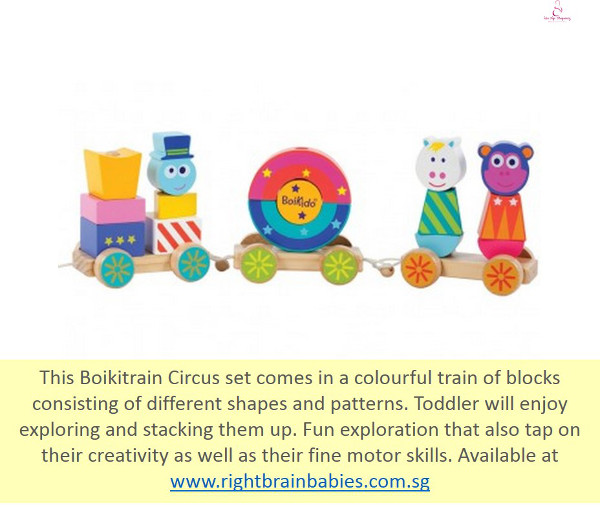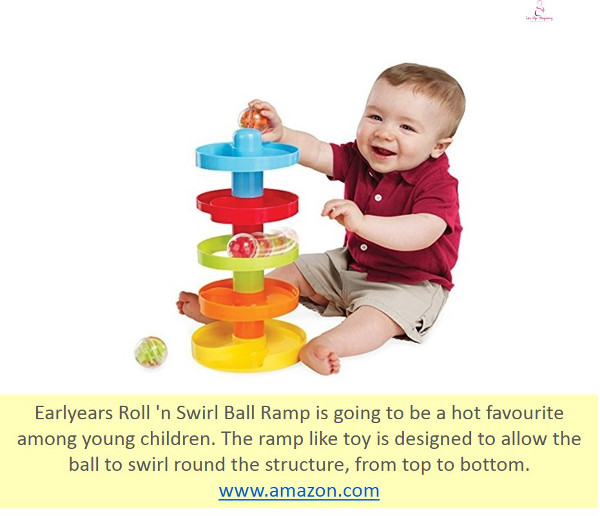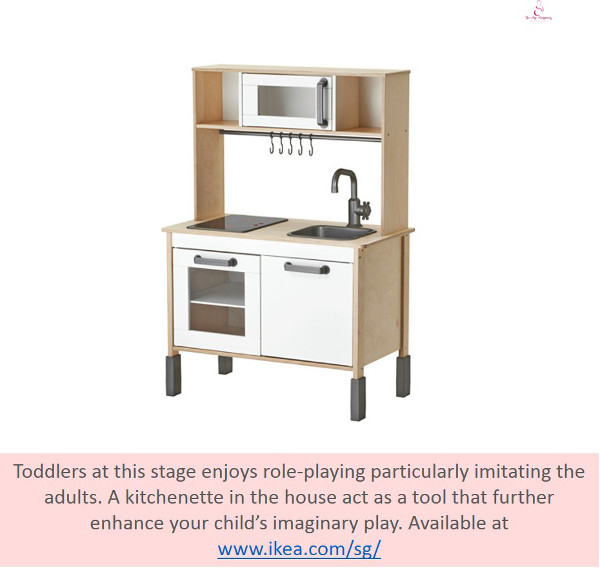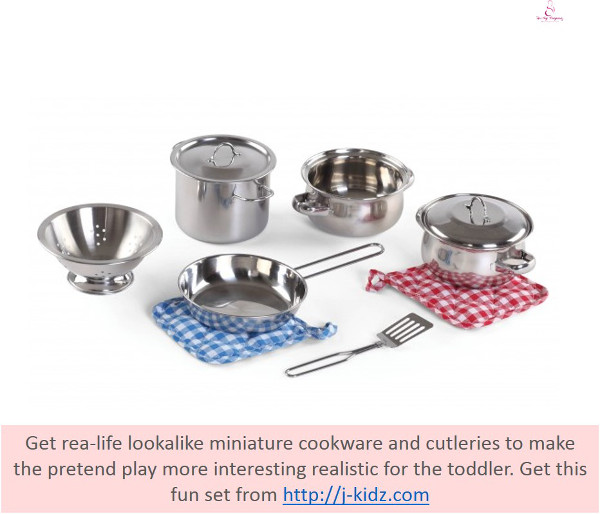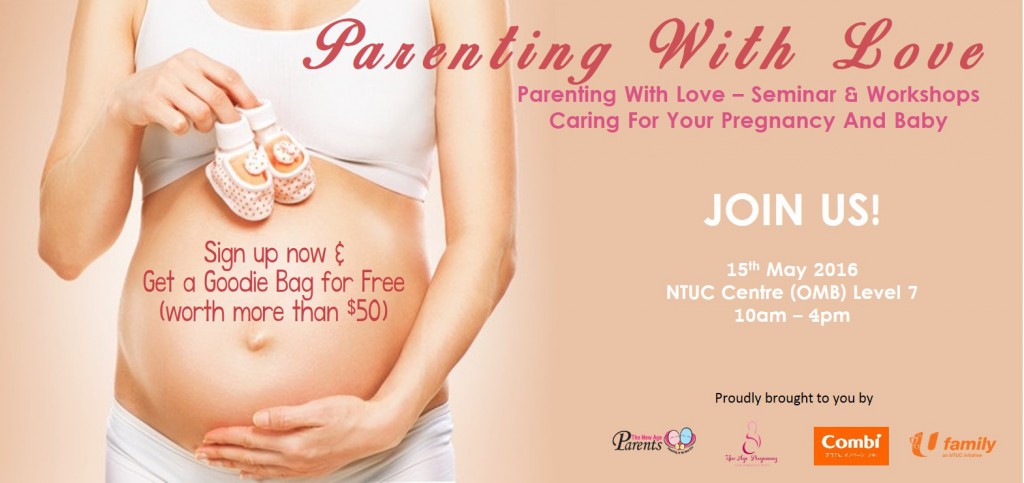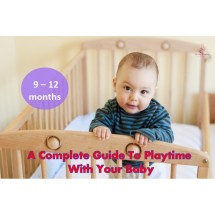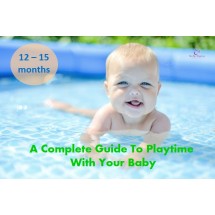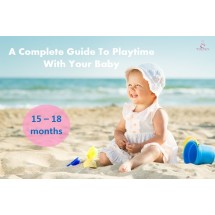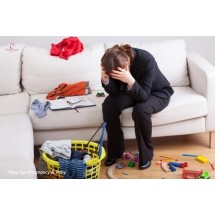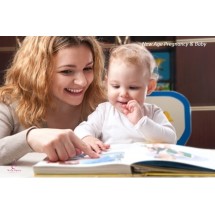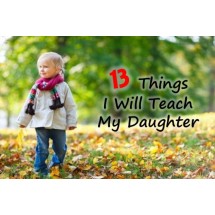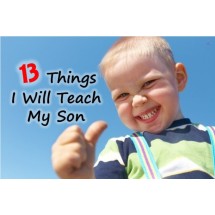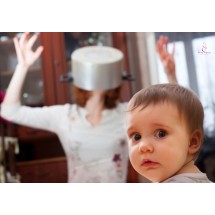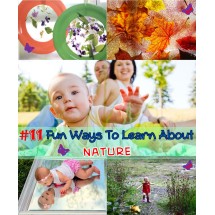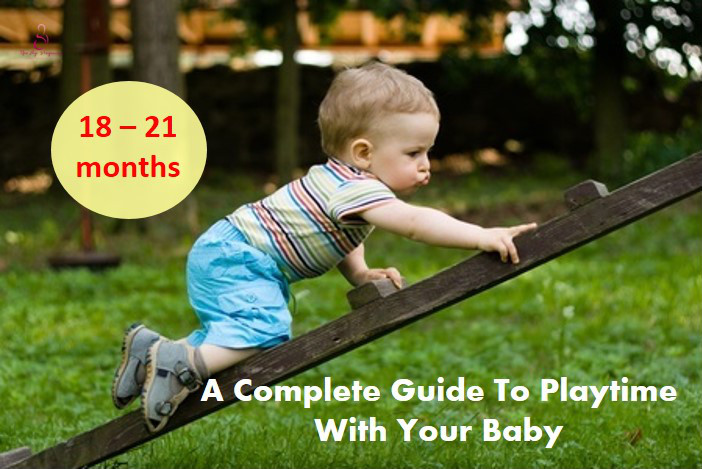
Around this age, some parents may enroll the child into a preschool. Children are exposed to social interactions when they interact and bond with other children of their age and also, other adults in the environment too. Apart from susceptibility to illnesses, your toddler is beginning to develop his communication and social skills, as well as immunity along the way. The curious bug also hits the young one so he or she may start “snooping” around you a tad more – take it easy, they are just learning about what goes on around them. Time to keep poor habits locked up too!
Your little explorer will be busy being up and about. She would probably be able to run actively (watch out for safety especially at busy roads!); with those energies, you might want to channel those adrenaline into more physically engaging activities.
Playtime activities: A short run or a game of catch at the park and being in the outdoors can be a refreshing change. Or bring the little one to a friend’s home for a play-date. The l;ittle ones can interact with each other through play or simply turn on some music for them to show their dance moves in a new environment while adults can take some time to catch up. If your toddler loves water, how about taking him for a swim? Swimming is therapeutic and a good exercise to enhance overall muscular coordination and development. Your water baby might have a whale of a time and head to bed earlier that night, won’t that equal to happy parents?
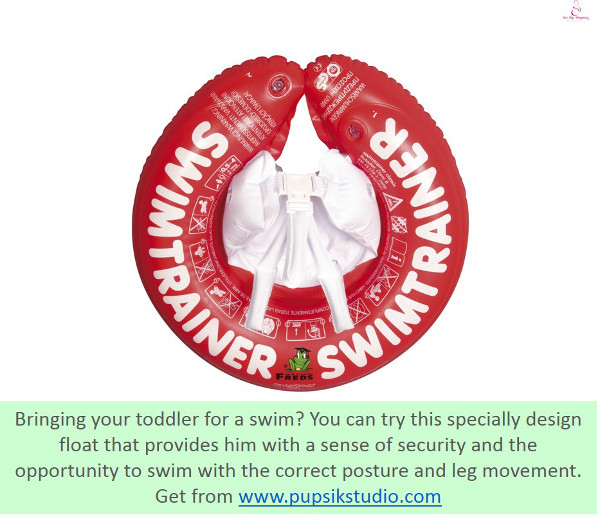
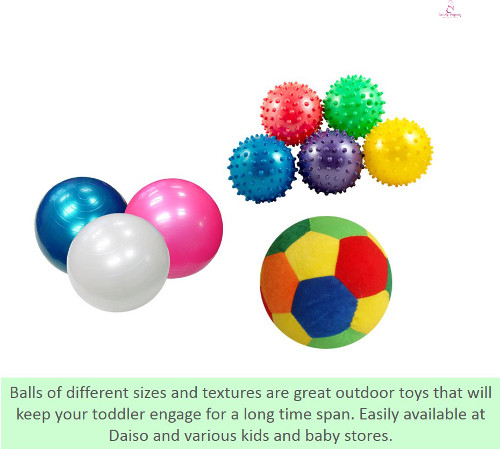 The children’s language skills are sharpening too, as they start to associate words with pictures or actions. Toddler will begin to understanding simple adult talk piques and don’t be surprised if your child starts speaking new words out of the blue.
The children’s language skills are sharpening too, as they start to associate words with pictures or actions. Toddler will begin to understanding simple adult talk piques and don’t be surprised if your child starts speaking new words out of the blue.
Playtime activities: Communication skills continue to develop as your child learns through conditioning, repetition and association. Take this chance to open up a world of discovery for him. When travelling from one place to another, start an easy game for example, a black car on the road, point it out and say “that is a black car. It has 4 wheels.” Follow up with a simple game to bring out the investigative nature to stimulate brain and eye coordination by saying “let’s see who can spot the black cars on the road!”
Some parents get creative and come up with their own DIY sorting activities for their children too. Sometimes, things in the home like a toilet roll or construction paper can provide endless fun, and cheap too. Recycle suitable items to convert it into a colour-sorting activity that can keep your little ones occupied while their cognitive development and hand-eye coordination are at play.
If you have no intention to enroll your child in the school yet, and prefer to engage them in more parent-child bonding activities, that’s perfectly fine. There are lot of fun activities for parent and child to have fun too, whether it’s at home or in the new park. You’re bound to find something you will enjoy with your child!
Playtime activities: Music is raved as a fantastic avenue to help develop your baby’s emotional, linguistic and motor skills. Although it’s far-fetched to claim it guarantees a scholar in him or would turn him into the next Beethovan, music can help stimulate brain development and is an enjoyable, healthy hobby for the soul too. Tots and mum’s sessions at Kindermuzik, Mucky Pups, Musical Monkeys and Gymboree are some ways to explore music with similar aged children by engaging them through play and fun.
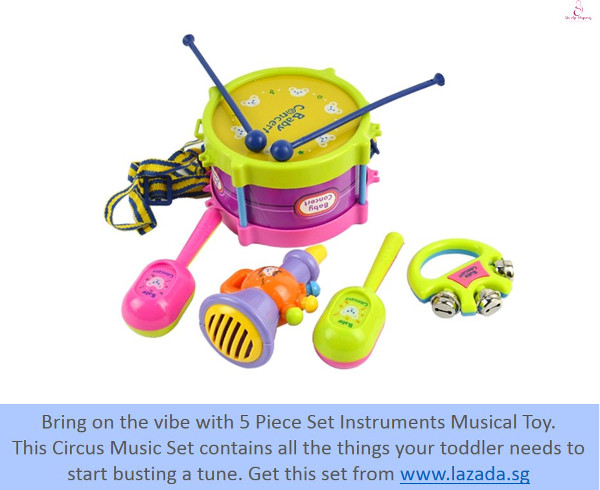
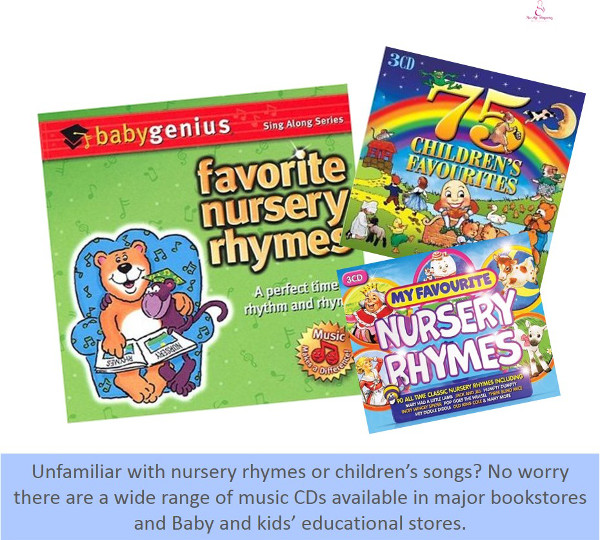
At this stage, you may also observe that your child is showing signs of engaging in pretend-play or including a second person into it. It’s interesting to see how she “acts” out a certain behavior, action or speech mannerism. Time to play make-believe!
Playtime activities: A simple carton box can turn into a secret house. A blanket can transform into a princess cape. Simple kitchen utensils can let your little explorer start her own kitchen. Of course, having a nice kitchenette at the play area makes great fun, and hopefully there’s still space with the growing toy collection. Role playing or acting out highlights the social-emotional developments of a child and understand what the child has picked up through observation. Be it linguistic progress, facial expressions, emotions or attitude, you may catch sight of familiar traits (good or bad ones!) during the role play stages. It would be apt to “correct” or explain any incorrect behavior to instill positive behaviours.
Seems like there’s so much fun these days with your toddler, isn’t it? Soon enough, he or she will start showing interests in more than your daily roles as parents. Mummy’s little helper with the housework, anyone? Training starts young!
Read more:
A Complete Guide To Playtime With Your Baby: 0 – 3 months
A Complete Guide To Playtime With Your Baby: 3 – 6 months
A Complete Guide To Playtime With Your Baby: 6 – 9 months
A Complete Guide To Playtime With Your Baby: 9 – 12 months
A Complete Guide To Playtime With Your Baby: 12 – 15 months
A Complete Guide To Playtime With Your Baby: 15 – 18 months
Written by Cindy Gan | Edited by Tan Yi Jun

